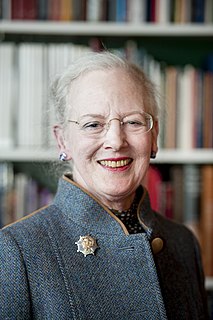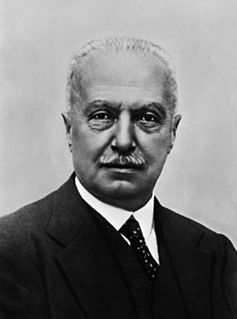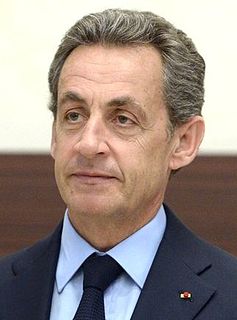A Quote by Noam Chomsky
The US and Europe are committing suicide in different ways. In Europe it's austerity in the midst of recession and that's guaranteed to be a disaster. There's some resistance to that now. In the US, it's essentially off-shoring production and financialization and getting rid of superfluous population through incarceration.
Related Quotes
In Europe there's an dangerous growth of ultra xenophobia which is pretty threatening to any one who remembers the history of Europe... and an attack on the remnants of the welfare state. It's hard to interpret the austerity-in-the-midst-of-recession policy as anything other than attack on the social contract.
In 2003, at the time I made my "Old Europe" comment, the center of gravity in NATO and Europe had long since shifted to the East. With the former Warsaw Pact countries joining NATO, the alliance has a different mix today. Some people were sensitive about my comment because they thought it was a pejorative way of highlighting demographic realities. Apparently they felt it pointed a white light at a weakness in Europe - an aging population. Europe has come some distance since World War II in becoming Europe.
I believe that if we don't offer legal ways of emigrating to Europe and immigrating within Europe, we will be lost. If those who come - who are, generally speaking, the poor and needy - are no longer able to enter the house of Europe through the front door, they'll keep making their way in through the back windows.
As time went on, we learned to arm ourselves in our different ways. Some of us with real guns, some of us with more ephemeral weapons, an idea or improbable plan or some sort of formulation about how best to move through the world. An idea that will let us be. Protect us and keep us safe. But a weapon nonetheless.
We should use our economic power in lots of different ways. I think we can use that in order to keep [Vladimir] Putin contained, because he is a one-horse show. Energy. And we have an abundance of energy, but we have archaic energy exportation rules. We need to get rid of those, allow ourselves to really make Europe dependent on us and other parts of the world dependent on us for energy. Put him back in his little box where he belongs.
Europe has been at peace since 1945. But it is a restless peace thats shadowed by the threat of violence. Europe is partitioned. An unnatural line runs through the heart of a very great and a very proud nation [Germany]. History warns us that until this harsh division has been resolved, peace in Europe will never be secure. We must turn to one of the great unfinished tasks of our generationand that unfinished task is making Europe whole again.




































